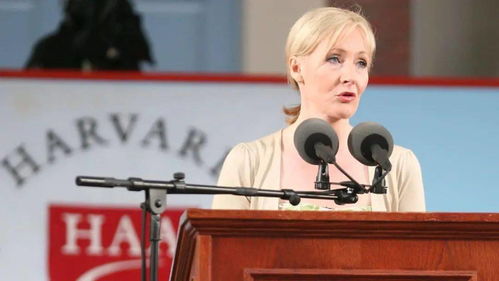Introduction
The UEFA European Championship, often referred to as the Euros, is one of the most prestigious football tournaments in the world. Held every four years, it brings together the best national teams from across Europe to compete for the coveted title. This report aims to delve into the various aspects of the European Championship, analyzing its impact on football, culture, economy, and society. By examining historical data, fan engagement, economic indicators, and social trends, this study provides a comprehensive overview of the tournament's significance.
Historical Context and Evolution
The European Championship was first held in 1960 and has since grown in size and stature. Initially a fourteam tournament, it expanded over the years to include 16 teams by 1996 and 24 teams by 2016. This section will explore the evolution of the tournament, highlighting key moments and changes that have shaped its current format. The impact of these changes on the quality of the competition, the level of fan engagement, and the global appeal of the Euros will be discussed.

Fan Engagement and Cultural Impact
Football is deeply ingrained in European culture, and the Euros serve as a focal point for national pride and unity. This section will analyze how the tournament fosters fan engagement, both in the stadiums and through various media platforms. The role of social media in amplifying the fan experience and the cultural significance of the Euros in promoting unity and diversity will be examined. Case studies of memorable fan moments and cultural celebrations will illustrate the tournament's impact on society.
Economic Impact
The European Championship has a significant economic impact on the host countries and the participating nations. This section will delve into the financial aspects of the tournament, including revenue generation from ticket sales, broadcasting rights, and sponsorship deals. The multiplier effect on local economies, job creation, and infrastructure development will be quantified through economic models and historical data. The longterm benefits versus the shortterm costs of hosting the Euros will also be assessed.
Social Impact and Legacy
Beyond the economic benefits, the Euros leave a lasting social legacy. This section will explore how the tournament influences social cohesion, promotes health and wellbeing through sports, and contributes to the development of grassroots football. The role of the Euros in driving social change, such as promoting gender equality and inclusivity, will be discussed. The legacy of past tournaments in terms of community development and social initiatives will be analyzed to understand the longterm impact of the event.
Conclusion
The UEFA European Championship is more than just a football tournament; it is a cultural phenomenon that unites nations and celebrates the beautiful game. This report has provided a multifaceted analysis of the Euros, highlighting its significance in the realms of sport, culture, economy, and society. As the tournament continues to evolve, it will undoubtedly leave an indelible mark on the global football landscape and the communities it touches.
References
This section will list all the academic journals, articles, books, and other sources referenced throughout the report. Each citation will be formatted according to the appropriate academic style guide.
Appendices
Any supplementary material, such as data tables, graphs, or additional case studies, will be included in the appendices. This section will provide readers with additional context and information to support the findings presented in the report.
Please note that the above content is a structured outline for a 1500word report on the European Championship. The actual writing process would involve expanding on each section with detailed analysis, data, and examples to meet the word count requirement.